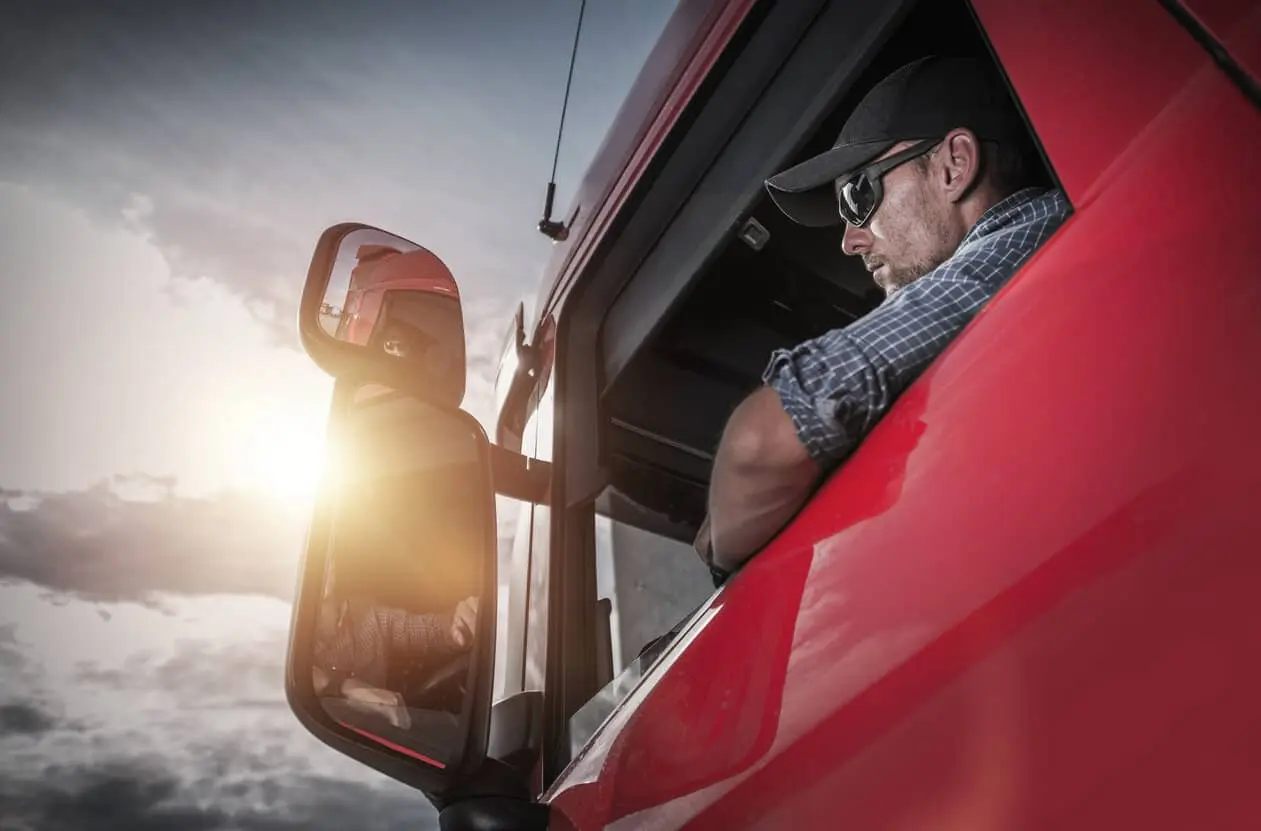Application Form
Please fill out the form below, so we can contact you as soon as possible!

Transporting goods across the US mainland as an employee of a reputable logistics company is a way to go! But being a self-employed driver and proudly applying the “owner-operator” title to oneself is even better – independent trucking is gaining its momentum as the grand mission that the transportation industry holds is becoming more and more noticeable.
To establish yourself as a good owner-operator, you need to possess a number of innate skills such as agility and acumen; also, there are some time-proven and efficacious recommendations that you’d better consider before embarking on a journey of becoming a successful owner-operator. Check out our top tips on how to start an independent career in trucking and be your own boss!
The first step to becoming a trustworthy owner-operator is obtaining a commercial driver’s license. A CDL of Class A, B, or C enables truckers to drive all kinds of vehicles, even tractor-trailers.
To apply for a USDOT number and thus become an owner-operator, you have to develop a legitimate business. One of the simplest ways of doing so is filing important paperwork with the state or local government. Upon forming a business, you will have to obtain a business license and insurance.
After obtaining a USDOT number, you will need to receive a Motor Carrier Number, often dubbed as trucking authority and issued by FMCSA. It’s possible to apply to a trucking authority online with the help of the FMCSA website. To apply, you need to have both a USDOT number and an MC number, which will allow you to manage the vehicle legally.
Having truck insurance is an indispensable attribute for any owner-operator. Truckers who manage their businesses by themselves have to ensure they are protected legally in case they get into an accident, for example. All commercial motor vehicles that cross the state must have insurance.
To be an owner-operator, you need to have a vehicle at your disposal. Moreover, the vehicle has to match the FMCSA standards, since not all trucks do. Before finding the right truck for yourself, do accurate research into truck diversity so that you weigh all pros and cons of the items studied and choose the best one at the end of the day. When choosing your “perfect match,” be sure to pay attention to factors such as efficiency, maintenance costs, and payload capacity. Also, note that the truck needs to be equipped with safety equipment like anti-lock braking system (ABS), airbags, blind spot mirrors, backup cameras, lane departure warning system, automatic emergency braking system, electronic stability control (ESC),.
It’s crucial that you are up to date with the DOT regulations. You can, for example, utilize the DOT website for receiving all necessary information about the regulations. The compliance with the given standards is a must for owner-operators, especially when it comes to hours of service, the maintenance of the vehicle, and some driver qualifications.
Being a successful owner-operator immediately requires drivers to maintain the proper condition of their trucks. To help your truck “stay fit,” you need to ensure the regular check-up of the oil, tires, brakes, and other critical parts of the vehicle.
Owner-operators are expected to have full responsibility for their trucks. Complete responsibility includes maintenance, paperwork, and other substantial elements of the trucking business.
For owner-operators, reputation is the backbone of their image and business. To build a smooth reputation, owner-operators need to be compliant with the expectations that clients have. To have a good reputation in the eyes of your customers, you just need to be conscientious and accurate in how well you deliver your services to clients. Make sure to serve your customers the way you would like to be served.
Now that you understand that becoming a recognizable owner-operator requires possessing and understanding a number of simple things, we hope you go a few steps further to establishing yourself as a successful trucker who manages their own business.
Application Form
Please fill out the form below, so we can contact you as soon as possible!